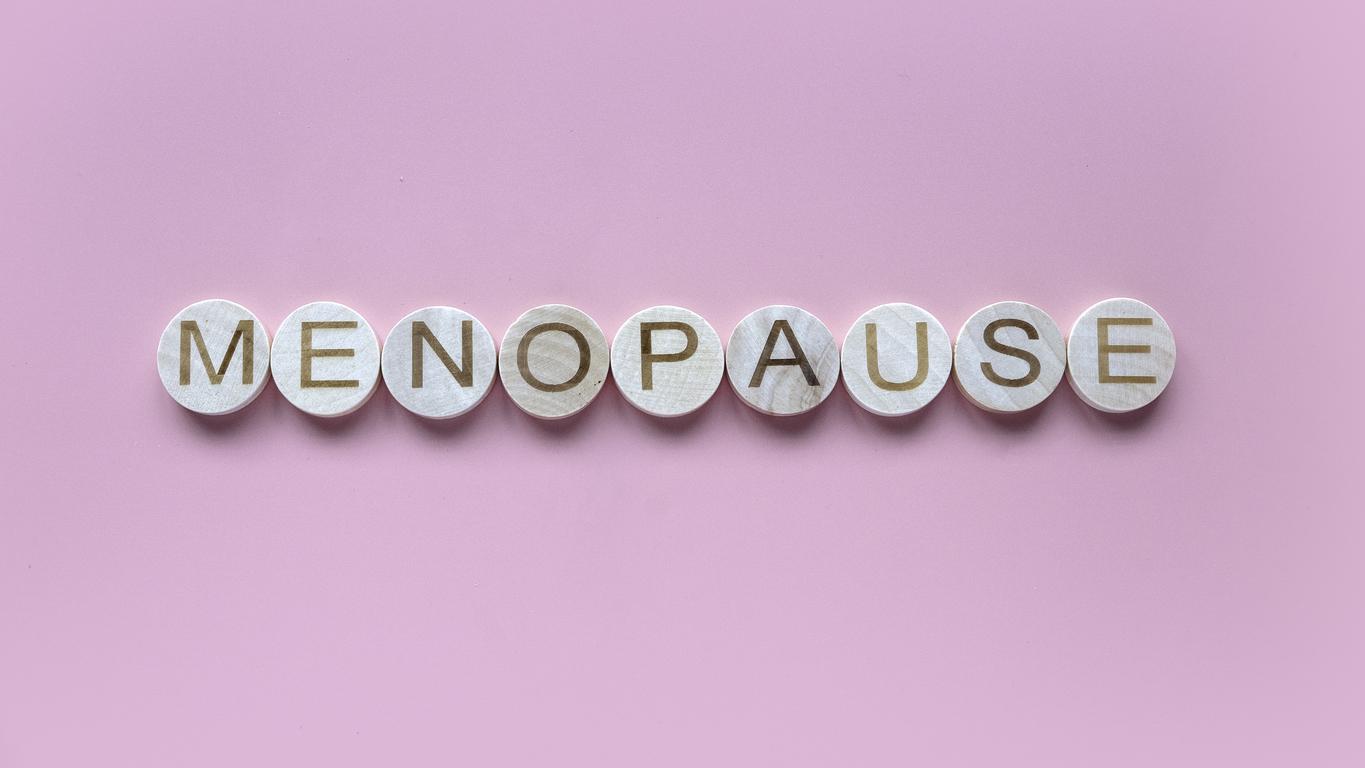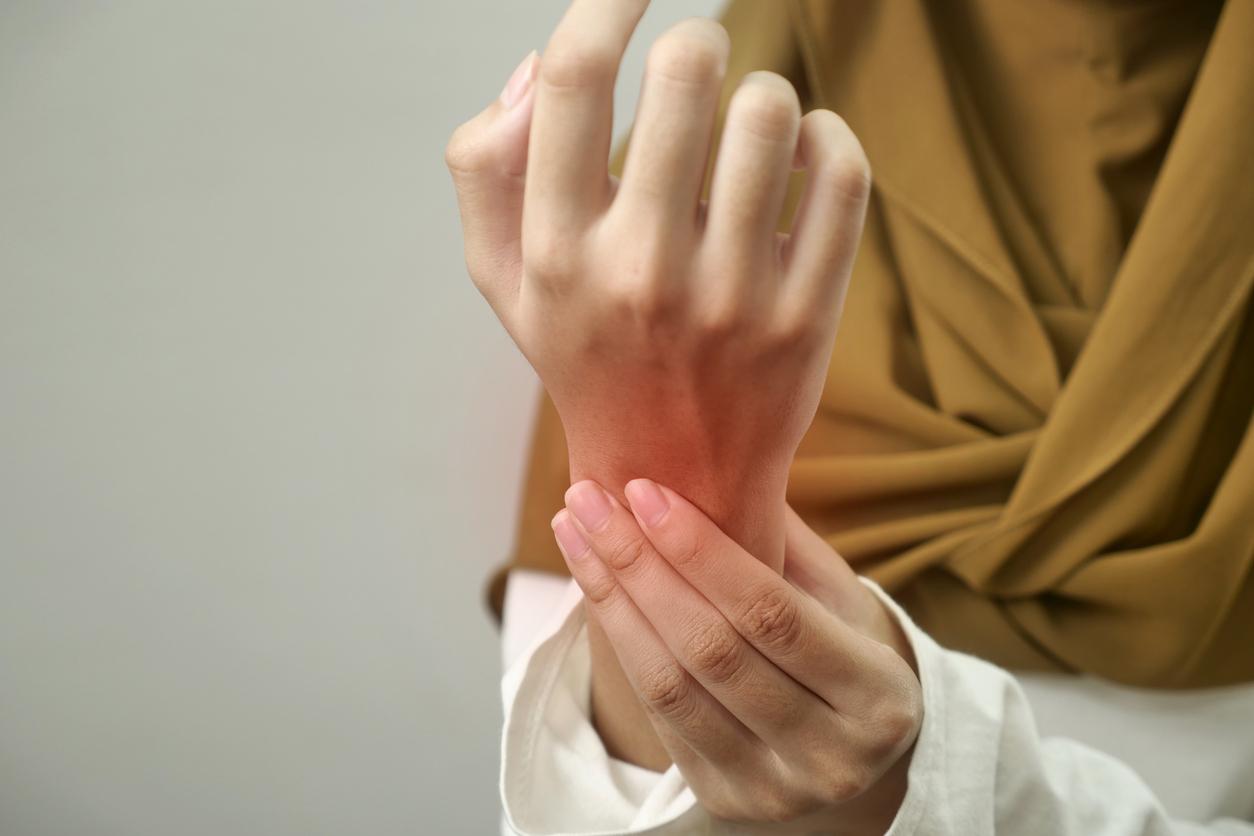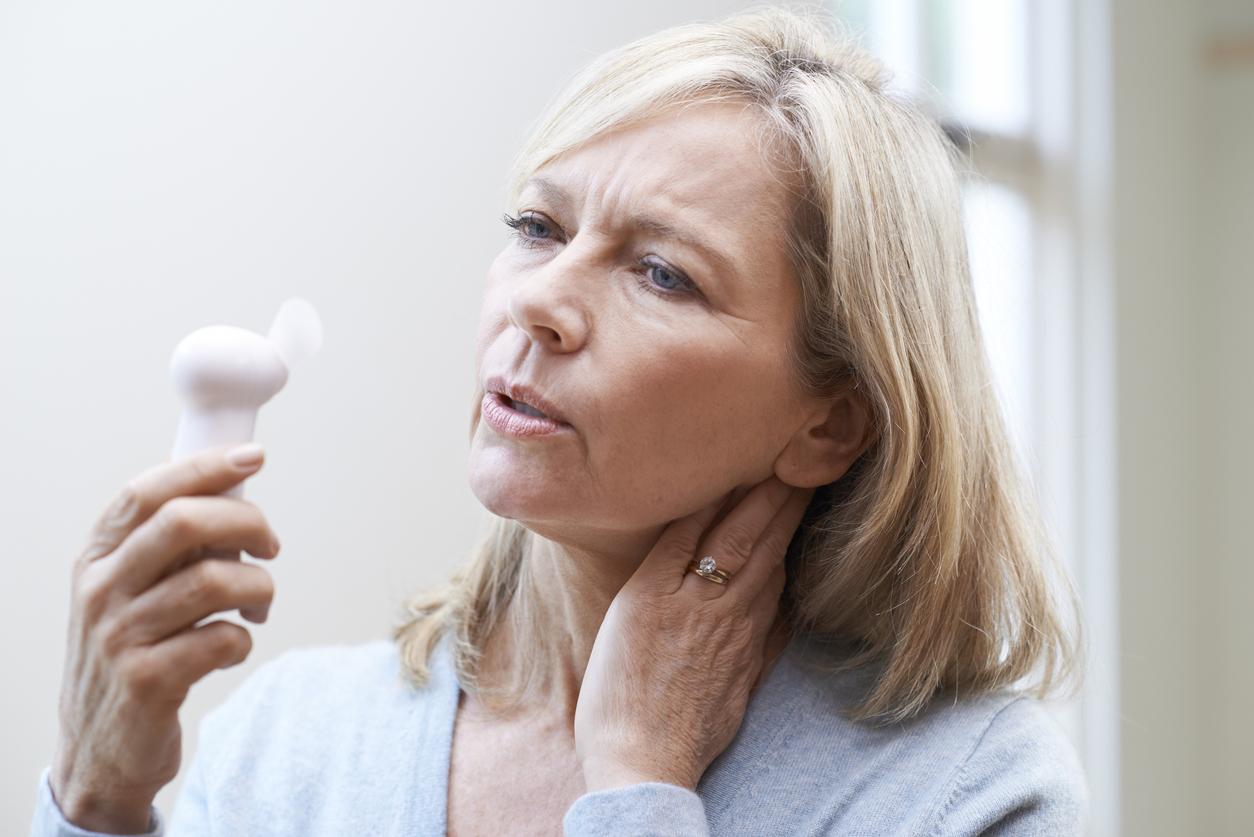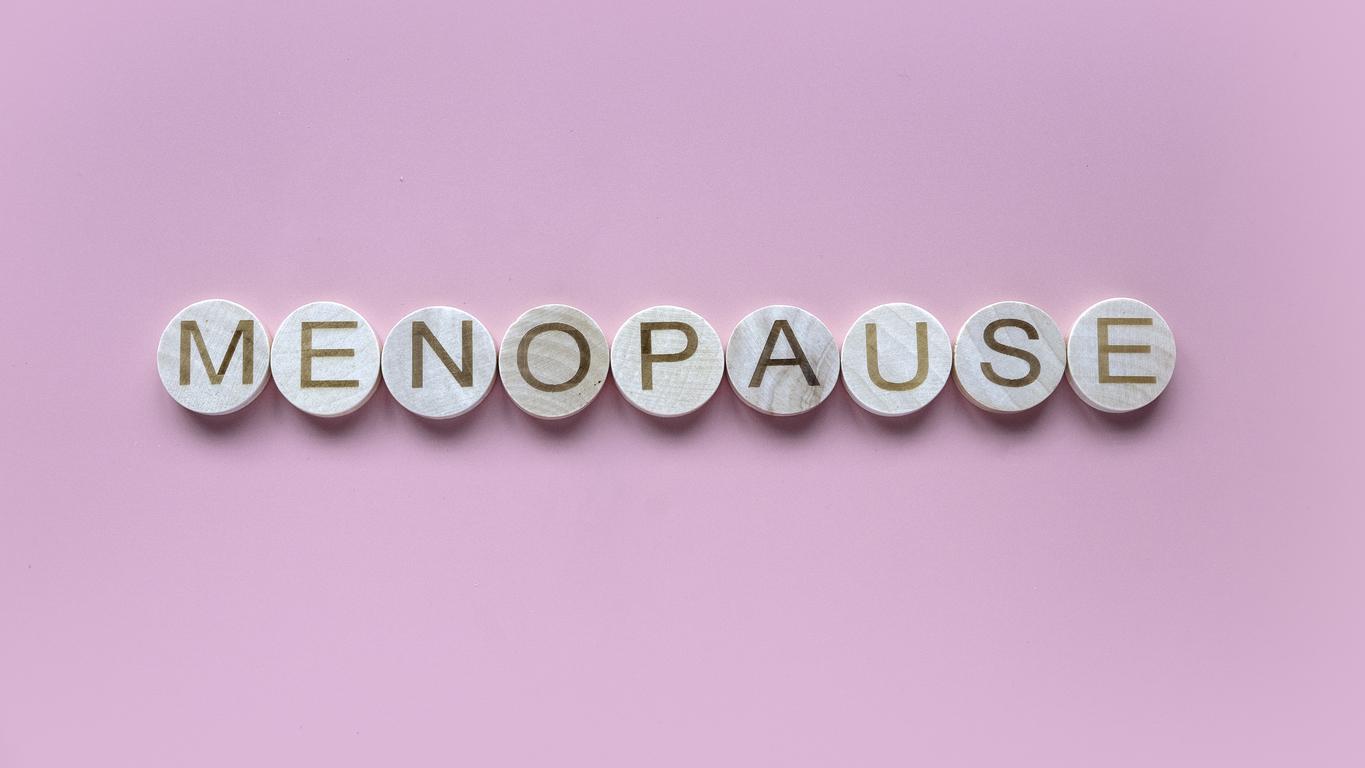The progesterone, usually secreted in the second part of the cycle, indeed facilitates the reabsorption of fluids by kidneys. As its production decreases, water retention sets in, causing swelling of the lower limbs. But be careful, there is no point in trying to stop drinking, this would only promote dehydration.
Another concomitant phenomenon: over time, the walls of the veins, like other tissues, lose their tone. However, the veins contain muscle cells in their walls which must contract to bring blood back from the legs to the heart. When these walls are less toned, the blood has trouble rising and it tends to stagnate in the lower limbs. Doctors talk about venous stasis. This feeling of heavy legs may be one of the first signs of veno-lymphatic insufficiency that affects more than one in two women, especially those who sit most of the day.
Promote physical activity
To combat this feeling of heavy legs, it is better to avoid staying still for too long in a sitting or standing position, wearing clothes that are too tight and heels that are too high or too low (ideal: 3 to 4 cm). Of course, thephysical activity is essential, starting with the walk. Each time the calf contracts and the foot “crashes” on the ground, 30 cm3 of blood is propelled from the feet to the heart. The normal venous return mechanism is indeed favored by the contraction of the calf and the crushing of the sole. The swimming and cycling also improve venous return.
At home, it is possible to promote venous drainage by raising the feet of the bed by about 10 cm and passing morning and evening a cold water jet from the foot to the knee, in order to constrict the blood vessels and thus reduce swelling.
If necessary, plants with venotonic properties such as ruscus aculeatus (Cyclo 3), red vine (Antistax), or the horse chestnut, provide significant help. If this is not enough, the woman can ask her pharmacist for pantyhose or compression socks elastic (supported within the limit of 4 pairs per year) which ensure maximum pressure at the ankle, then gradually throughout the leg and thigh.
What if the swelling persists?
In this case, it is best to consult a doctor. They may prescribe that you take a regular diuretic gentle, to promote kidney work and relieve legs and feet. But be careful, no diuretic should be taken lightly because some of these drugs have many side effects: potassium leakage, urinary stones, hypotension, etc.
Read also :
Relieve your heavy legs!
After menopause, a little sport is enough to keep the figure
Heavy legs: thalassotherapy treatments gently relieve
















